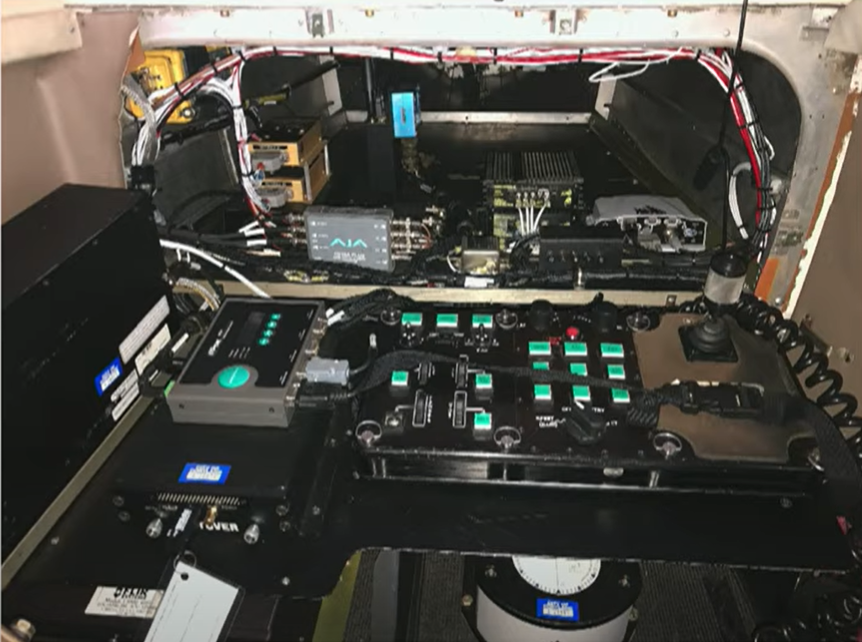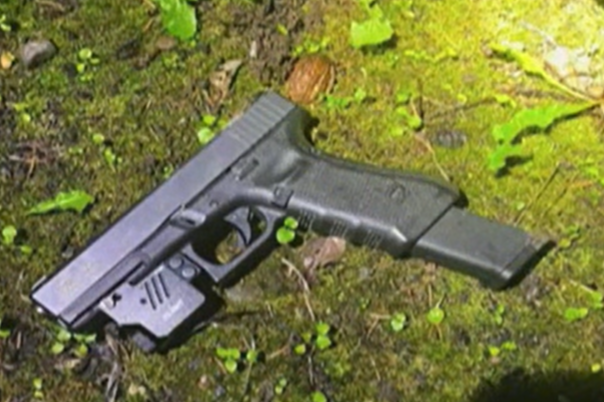PORTLAND, Ore. (KOIN) — The Portland City Council has approved the Portland Police Bureau’s request to spend $1.5 million on a new patrol plane.
PPB Sgt. Brian Sweeney, the chief pilot of the agency’s Air Support Unit, told council members during the Feb. 1 meeting that one of the agency’s two Cessna airplanes is no longer suitable for service after logging more than 10,000 hours of flight. Purchased by PPB in 1999, the 1978 Cessna Skyhawk, Sweeney said, is now a hodgepodge of modern and outdated patrol technology that often has to be grounded due to frequent system failures.
“We’ve gotten to the point where each time I send it out it’s coming back because something’s failed,” Sweeney said. “This has been many, many years of dealing with this very old equipment, and not being able to provide the service that we’re supposed to in this particular unit.”
Made up of six pilots and five tactical flight operators, PPB says it uses its Air Support Unit for high-priority 911 calls. The airplane, PPB explained during the presentation, provides a quick, passive method of response that can allow officers and other law enforcement agencies to obtain information using specialized, aerial camera equipment before authorities are dispatched to the scene on the ground. PPB said that the planes responded to 2,152 calls for service in 2022, with more than 1,500 of these calls involving high-priority responses.

“The aircraft enhances capabilities and can relieve patrol resources of unnecessary work,” Sweeney said. “We were able to provide this service at a relatively inexpensive hourly cost. From a protocol officer standpoint, having information prior to arrival about a priority call can make all the difference. It allows them to approach cautiously with better information and requests the appropriate resources when necessary.”
During the meeting, PPB provided video of an arrest orchestrated by the Air Support Unit in 2021. In the video, the plane can be seen following the driver of a Mercedes after he eluded Multnomah County Sheriff’s deputies on I-205. After choosing not to pursue the suspect, the driver allegedly reached speeds up to 125 mph before exiting the Highway at Foster Road. PPB aerial cameras then capture the suspect parking in the Lents neighborhood before fleeing on foot, when cameras allegedly catch them tossing a fully-loaded handgun into a resident’s yard. With directions from PPB’s air unit, officers arrived on scene and arrested the suspect without incident.

“The handgun would not have been recovered if it were not for the aircraft, nor would the vehicle suspect have been located,” Sweeney said. “A fully-loaded glock semi-automatic handgun with an extended magazine was found next to a community member’s home. As a result of the arrest, the handgun was later tested in our gun forensics lab and determined to have been used in a non-injury shooting one week earlier.”
This passive style of arrest, where officers initially back off of a suspect and allow the plane to follow before them officers re-engage them at a strategic moment, cut down on the agency’s number of forceful arrests.
“We see on a very regular basis that when the airplane is allowed to follow a suspect away from police on the ground, a couple of things happen: First it allows patrol officers to disengage from the suspect,” Sweeney said. “We know from past experiences this tends to help calm situations down. Second: The suspect during a vehicle-elude will oftentimes exit the vehicle at some point and begin moving around on foot. This obviously reduces the risk of injury to the suspect, officers and community members.”
In 2022, PPB’s air support unit helped to recover 104 firearms, some of which were thrown by suspects eluding the officers. While PPB data shows that the use of patrol planes can reduce its use of force and improve its ability to recover weapons during a pursuit, concerned community members raised important questions about PPB’s planes. One of the most discussed issues at the meeting is that the piston-engine planes use leaded fuel. Known to be highly toxic to humans, aviation gasoline is the only transportation fuel in the U.S. that still contains lead.
On February 23, 2022, the FAA announced a partnership between public and private entities to transition to lead-free aviation fuels for these aircrafts by the end of 2030. Sweeny said that a new Cessna would not help to improve the amount of lead being expelled into the air. However, he said that if an alternative fuel was made available, PPB would make the switch.
“There’s a lot of emphasis on trying to go away from the type of fuel that’s used in these smaller aircraft,” he said. “There’s a lot of energy behind it, we’re not there yet. When it became available, and the aircraft engine manufacturers okayed it, we would switch to it immediately.”
City Commissioners Carmen Rubio, Rene Gonzalez, Mingus Mapps and Dan Ryan unanimously approved the purchase. Mayor Ted Wheeler was absent from Wednesday’s meeting.
“This plane is 45 years old,” Mapps said. “That’s the same age as Tom Brady and email.”